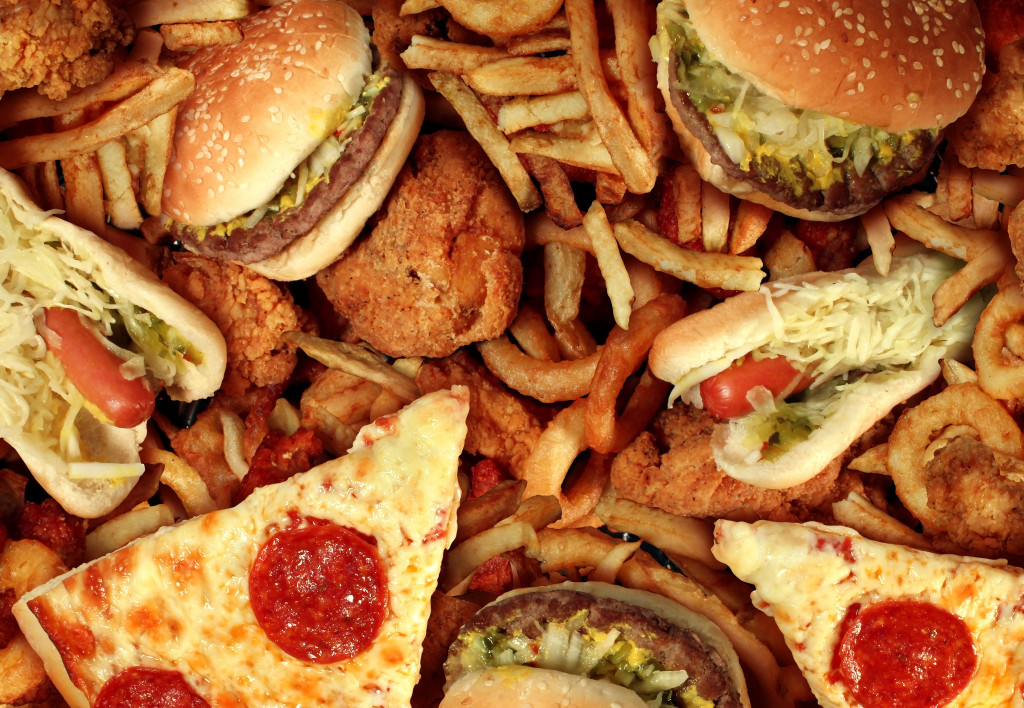• Cholesterol is the fat in the bloodstream and cells produced by the liver and food sources.
• High cholesterol levels can increase the risk of heart disease, stroke, hypertension, diabetes, gallstones, and peripheral artery disease.
• Lifestyle factors such as diet, exercise, smoking, and alcohol consumption can contribute to high cholesterol.
• Eating a healthy, low-fat diet and exercising regularly are two of the best ways to lower cholesterol levels.
• Other fat-reducing treatments can also be beneficial for managing cholesterol.
Cholesterol is often considered a “bad” thing, but your body must function properly. However, high cholesterol levels can increase your heart disease and stroke risk. Understanding cholesterol, how it affects the body, and how to manage it is crucial for overall health. This post will explore the intricacies of high cholesterol and what you need to know.
What is Cholesterol?
Cholesterol is a type of fat found in our bodies’ bloodstream and cells. The liver produces it, but it can also come from sources such as food. Cholesterol is essential for the body as it helps form cell membranes, aids digestion, and produces hormones such as estrogen and testosterone. There are two types of cholesterol: “good” (HDL) and “bad” (LDL). HDL is beneficial as it helps remove LDL from the bloodstream, while LDL is known for clogging arteries and increasing the risk of heart disease.
The Physical Effects of High Cholesterol
There are various physical effects of high cholesterol. Here are some of them:
Cardiovascular Disease
High cholesterol levels are linked to the development of cardiovascular disease. This is because cholesterol can build up in the arteries, making it harder for blood to flow through them. When this happens, the heart has to work harder to pump blood, which can lead to heart disease, heart attacks, and strokes.
Surgery is often done to remove plaque buildup from arteries in cases of severe heart disease. However, lifestyle changes can help prevent this from happening in the first place.

Hypertension
High blood pressure is another physical effect of high cholesterol. Cholesterol buildup in the arteries can cause them to become narrow and stiff, making it difficult for blood to flow through them. This can lead to high blood pressure, a significant risk factor for heart disease and stroke.
Diabetes
People with high cholesterol are at an increased risk of developing type 2 diabetes. High cholesterol can lead to insulin resistance, a condition where the body cannot use insulin properly. Insulin resistance can lead to high blood sugar levels and, eventually, diabetes.
Gallstones
High cholesterol levels can also lead to the formation of gallstones. Cholesterol is a significant component of gallstones, and when there is too much of it in the bile, it can form solid particles that can lodge in the gallbladder. This can cause pain and other uncomfortable symptoms.
Peripheral Artery Disease
Peripheral artery disease is another condition that can result from high cholesterol levels. This is when there is a buildup of cholesterol and other substances in the arteries that supply blood to the legs and arms. This can cause leg pain, difficulty walking, and other complications.

Weight Gain
Lastly, high cholesterol levels can cause weight gain. This is because when the body has too much cholesterol, it stores some of it as fat. This excess fat can increase overall body weight and even obesity if not managed properly.
You can reduce your weight through exercise and a healthy diet. However, you might need fat-reducing treatments if you have too much excess fat due to cholesterol. A good non-invasive option is an effective coolsculpting treatment. This uses controlled cooling to target and reduce fat deposits in troublesome areas. It’s good for burning excess fat caused by high cholesterol and reforming your body to a desired shape.
How to Manage High Cholesterol
If you have been diagnosed with high cholesterol, there are several steps you can take to lower your levels. Eating a healthy, low-fat diet and exercising regularly are two of the best ways to reduce cholesterol. Quitting smoking, reducing stress, and talking to your doctor about medications may also help.
If you want to learn more about managing high cholesterol, speak with a healthcare professional or dietitian who can provide comprehensive advice on lifestyle changes that could benefit you.
High cholesterol is a serious issue that needs to be addressed. However, with the right information and support, managing your cholesterol levels and decreasing your risk of heart disease and stroke is possible. Keep these tips in mind and make sure you understand what high cholesterol means for your health so that you can live a healthier life.
